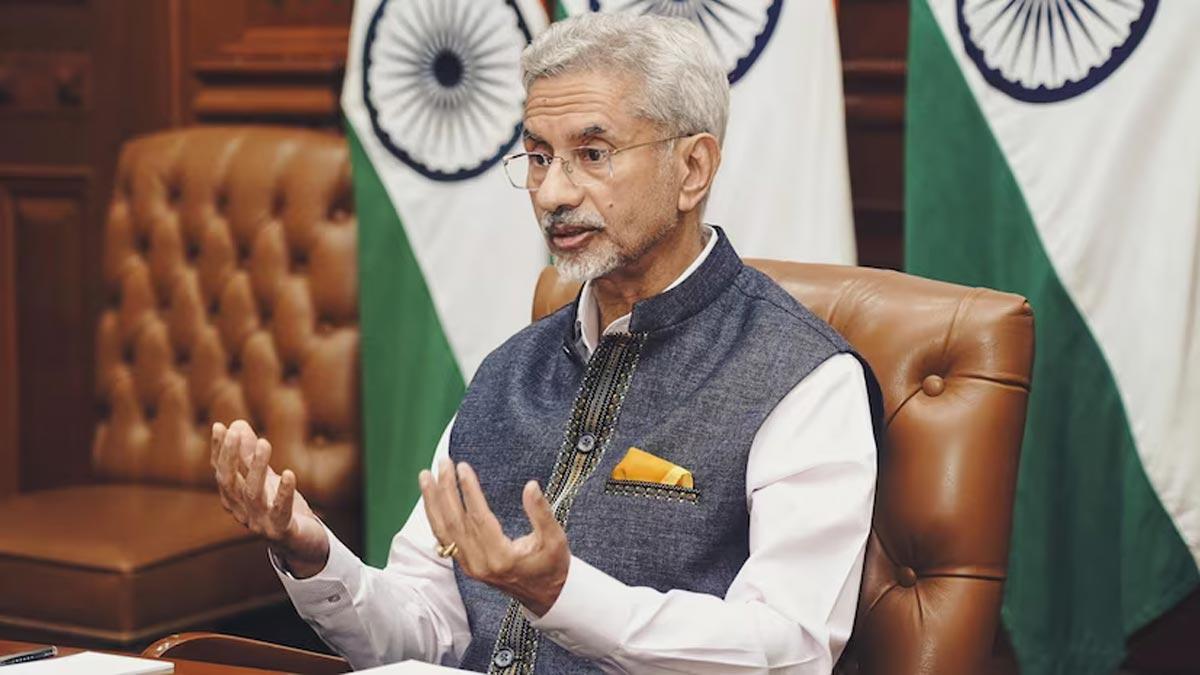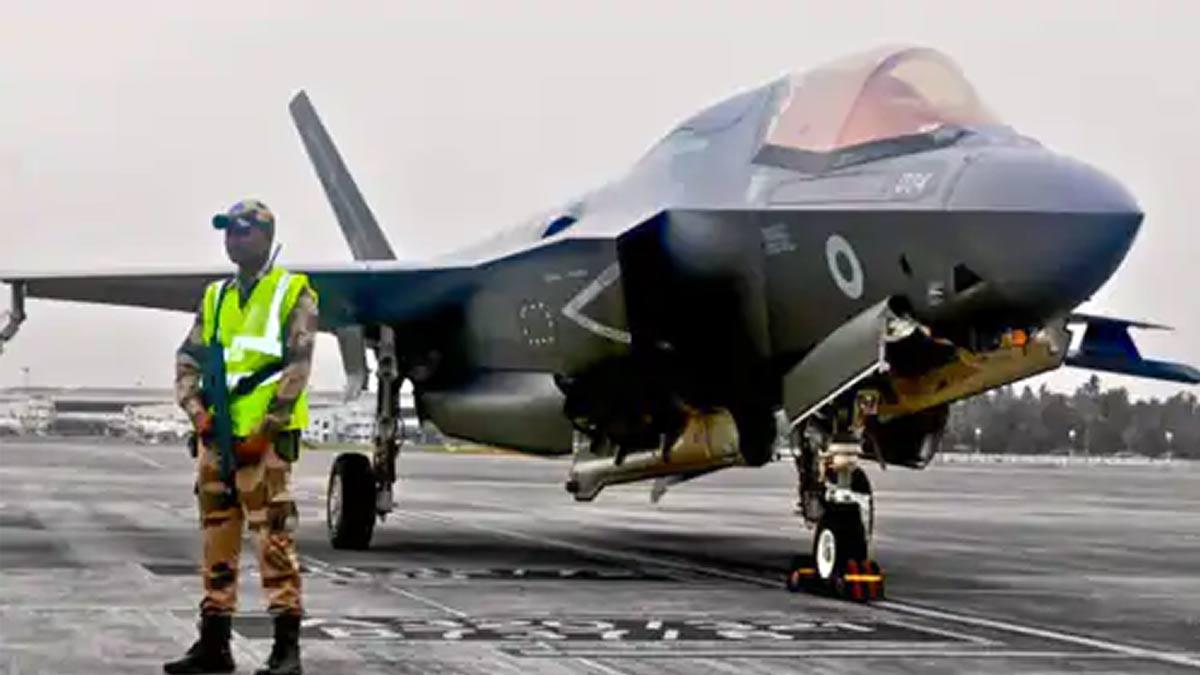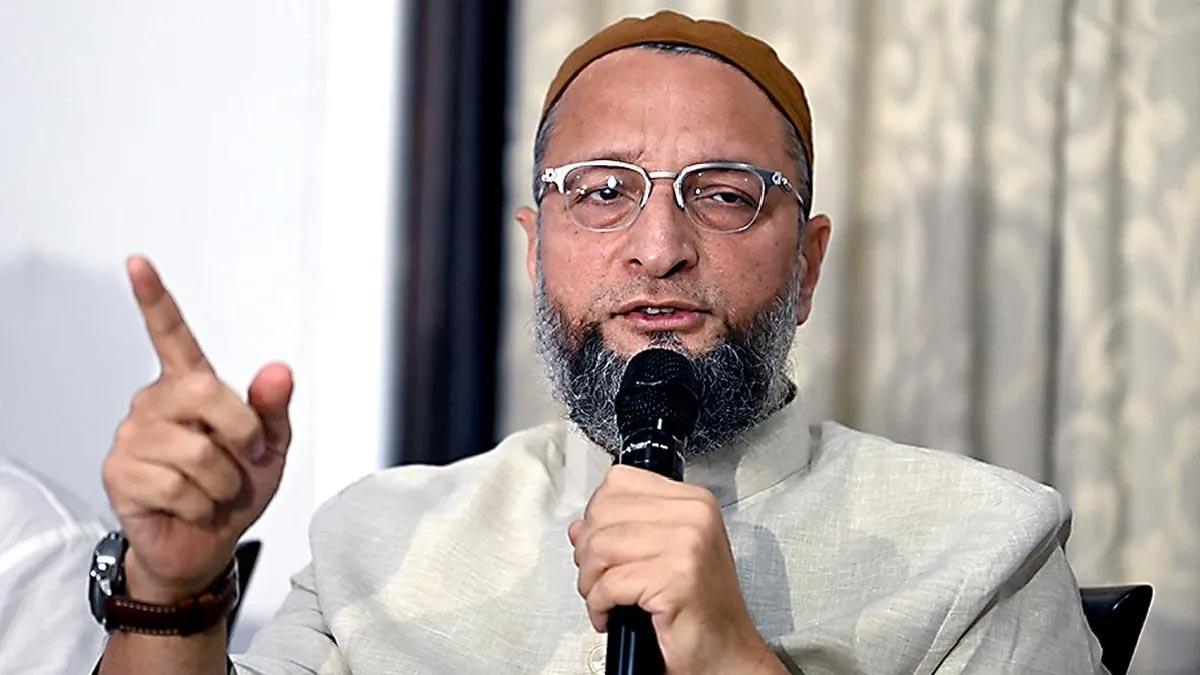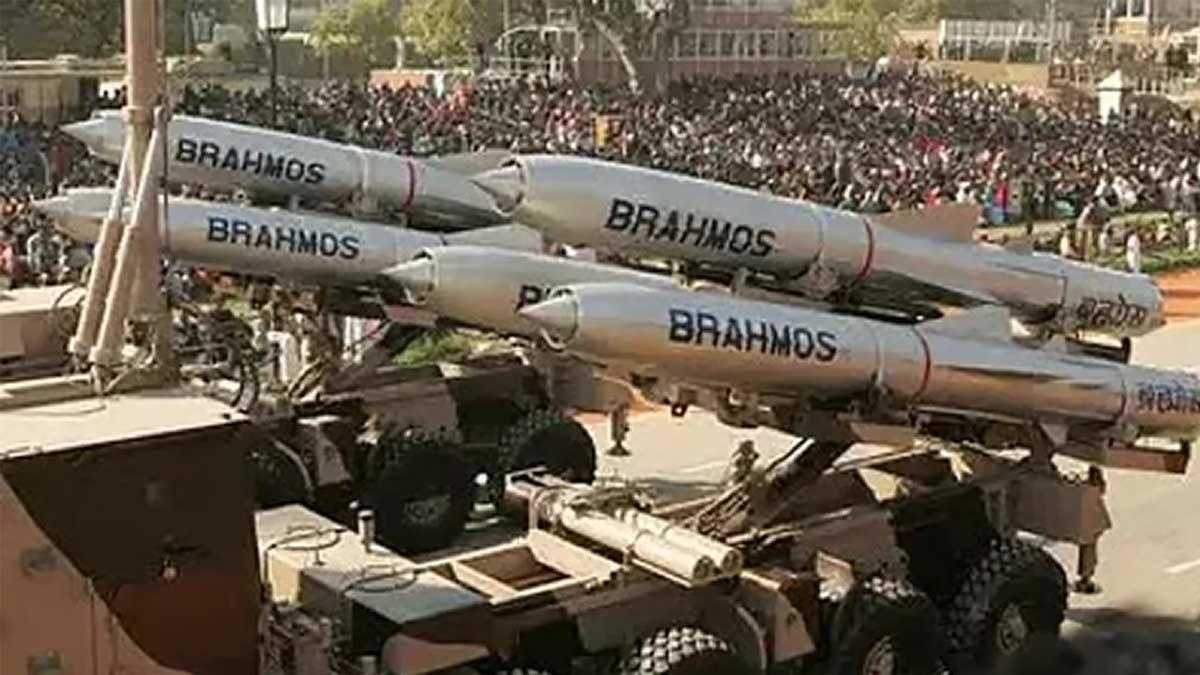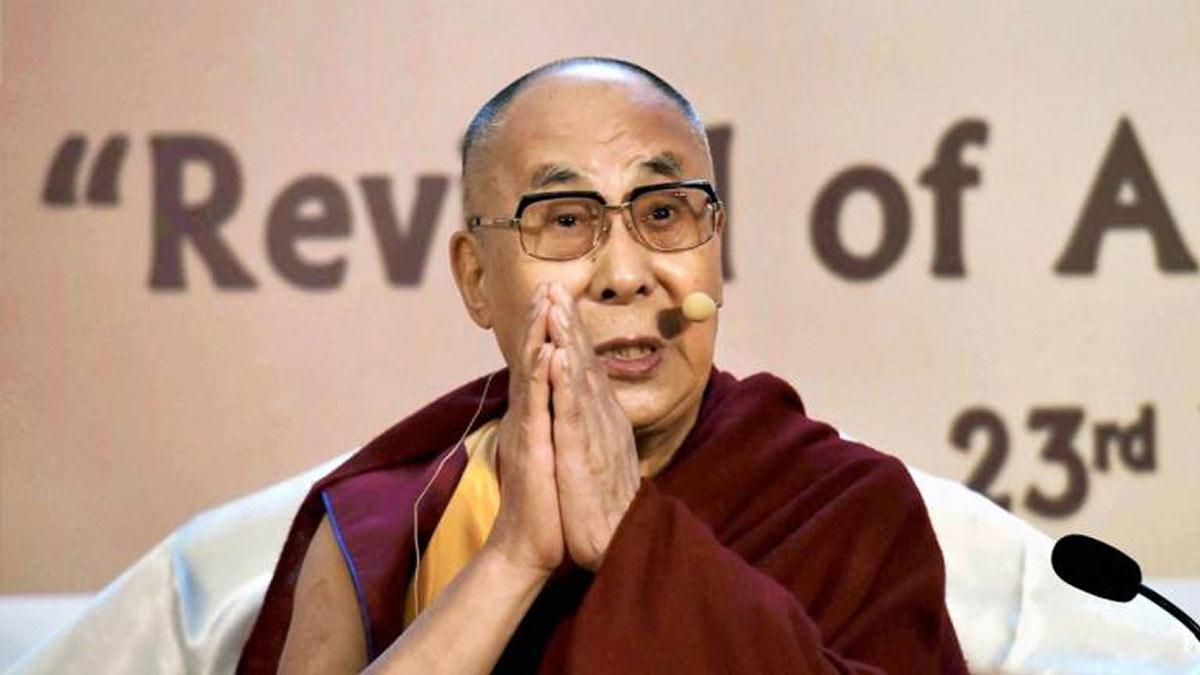Foreign Affairs Minister S. Jaishankar has presented a strong warning to the world community to acknowledge the larger threat of terrorism originating from Pakistan.
In an exclusive interview with Euractiv, a European news portal, Jaishankar was very clear that the recent India-Pakistan stand-off is not a local rivalry, but a part of a larger problem related to the international effort against terrorism.
“This is not merely an India–Pakistan issue. It’s about terrorism. And that very same terrorism will eventually come back to haunt you,” Jaishankar asserted during the interview.
Pointing to the infamous terrorist leader Osama bin Laden, Jaishankar asked pointedly: "Let me remind you of something – there was a fellow called Osama bin Laden. Why did he, of all individuals, feel safe living for years in a Pakistani military town, right next to their West Point equivalent?"
Osama bin Laden (1957–2011), the architect of the al-Qaeda terrorist network, was linked to several significant terrorist attacks around the world, notably the September 11, 2001, attacks in the United States. Bin Laden came from a Saudi Arabian millionaire family and first played a part in the Afghan struggle against the Soviet Union during the late 1970s.
In 1988, he founded al-Qaeda to promote a vision of global jihad against perceived Western control of the Islamic world. His organization carried out deadly acts such as bombings of U.S. embassies in Africa and the USS Cole attack, which resulted in the devastating 9/11 attacks that claimed almost 3,000 lives and set off the U.S.-led global War on Terror.
After years of dodging, bin Laden was finally found and assassinated by US special forces in the Pakistani city of Abbottabad in 2011.
Operation Sindoor: A Message Beyond Retaliation
Jaishankar objected to how parts of the international media had presented Operation Sindoor—India's response to the April 22 deadly Pahalgam terror attack that killed 26 people—as a tit-for-tat exercise between two nuclear-armed foes. He strongly countered this characterization.
"Let the world know – this is not just an India–Pakistan matter. It is all about terrorism," he maintained.
India's Stand on Russia-Ukraine Conflict
On the issue of the current Russia-Ukraine conflict, Jaishankar elucidated the diplomatic stance of New Delhi. "We don't think that differences can be settled through war – we don't think a solution will arrive from the battlefield," he articulated. Emphasizing India's neutral diplomatic initiative, he added, "India has good relations with Ukraine too – it's not just Russia."
Demanding Introspection on the part of the West
Jaishankar didn’t shy away from urging Western nations to reassess their historical stances on South Asian conflicts. “India has the longest-standing grievance – our borders were violated just months after independence, when Pakistan sent in invaders to Kashmir. And the countries that were most supportive of that? Western countries,” he remarked.
He went on, "If the same countries – who were evasive or coy back then – now say 'let's have a fantastic discussion about international principles', I think I'm right in asking them to look at their own past."
Pushing for Stronger EU-India Economic Ties
On the trade side, Jaishankar pushed for a free trade agreement between EU and India at a comprehensive level, pitching India as a trustworthy ally. He pointed to India's "skilled labour and a more reliable economic partnership than China.
He also spoke of India's protests to the European Union's Carbon Border Adjustment Mechanism (CBAM), saying, "Let's not pretend – we're opposed to parts of it. We have very deep reservations about CBAM and we've been quite open about it."
Read also| Indian Army Secures ₹30,000 Crore Boost with Indigenous QRSAM Air Defence System
Read also| Rahul following George Soros' playbook to spread electoral chaos, Says Amit Malviya

